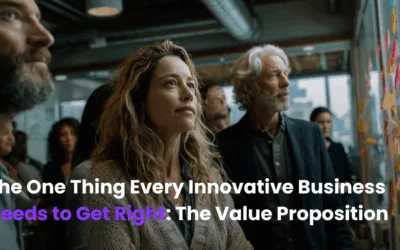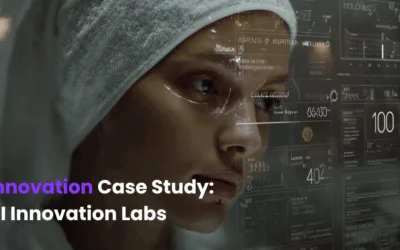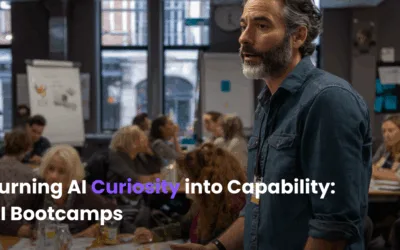There is plenty of interest in social innovation … and while we hear a lot about it (like most forms of innovation), we see precious little in terms of action or movement. We also hear a lot about hackathons and innovation programs, yet see talent, ideas, technology and solutions evaporate once the program ends. But we believe you design for the outcome you have in mind – and that means strategy and planning. It means connecting the right dots before you are ready to go.
Over the last weekend we put our innovation frameworks and facilitation skills to the test – not in a corporate environment – but in a social innovation environment. We were tackling the challenges of homelessness. We were keen to see whether we could adapt our approach to create change around some of the most pressing and persistent social problems facing homeless people, and as usual, we were aiming to make something happen quickly.
But to make something happen quickly, there is a lot of work to be done. The Vibewire two-day #hack4homelessness began way back in July. Sure we said, “let’s do it”, but we also said, “let’s do it right”. Working through our process, we consulted with industry experts from across the social services industry, including Jewish House, NSW Council of Social Service (NCOSS), SGCH, the Exodus Foundation, New Horizons and the Wayside Chapel.
We met with people who had experienced homelessness – or were homeless now. We worked with corporate partners like Domain Group and QBE Insurance. We collected stories, tested ideas, validated and iterated through short pitches that would become our “problems worth solving”.
Working with youth entrepreneurship organisation, Vibewire, we took over 80 young people through our hackathon process. With a mix of hustlers, hackers, hipsters and humanitarians, we created nine new teams who all demonstrated prototypes to a range of challenges. In 48 hours teams had formed, consulted, built solutions and pitched to judges. Around 80% of the people attending had never experienced a hackathon before – and yet all the teams produced amazing results. In fact, it took well over 30 minutes for the judges to make their decision.
Two of the top teams, however, went above and beyond the hackathon. Upon finding out that there was a open Request for Proposal through the Office of Social Impact, we challenged the teams to keep working and submit their concepts for funding. The catch was … they had until 9am the next day. And many had already been working through the night.
Undaunted, some of the teams reassembled at Vibewire’s coworking space and began the task of financial modelling and collating the pitches in a digestible format. By 9am two teams had submitted responses. We will be sure to follow these teams with interest.



